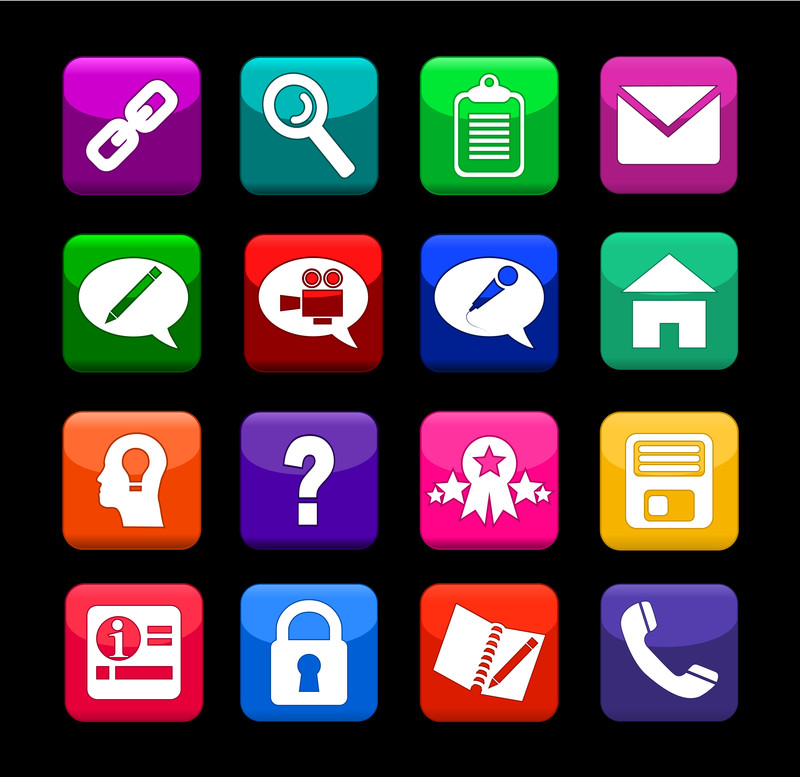Social media ethics are starting to be addressed by mental health professional organizations or licensing boards but those guidelines, if they exist, are generally vague.
It's important for clinicians to take time to think through the implications of their online interactions on clients to avoid dual relationships, putting client's privacy at risk, or jeopardizing the therapeutic relationship.
Including a written social media policy as a client's initial treatment contract helps clarify how technology will be used in client-therapist interaction so it doesn't interfere with treatment.
On the forefront of the social media ethics discussion is licensed psychologist Keeley Kolmes. Psy.D. Dr. Kolmes' comprehensive social media policy has been a model for mental health therapists around the world. She generously allows clinicians to adapt her social media policy for their own use and frequently speaks, writes, and teaches on social media topics. I used it as a springboard for developing my own social media policy.
If you don't have a social media policy, I suggest that you develop one. The goal of your policy is to clearly outline your expectations regarding online interaction, educate the client of risks, and have a clear rationale for how you will or will not engage with clients online. Here are some suggested topics to cover in your policy and a few questions to help you solidify your philosophy regarding social media interaction.
Friending Will you accept friend requests on Facebook, Linked In, Google+? Why or why not?
Following Will you allow clients to follow you on Twitter, Blogs, Pinterest? If not, how will you handle it if they do follow you? Will you follow back?
Messaging Is it appropriate for clients to contact you via SMS? Or social media sites like Twitter DM? If so, what information is appropriate?
Business Review Sites What are the risks that clients take when reviewing your services on sites like Yelp or Healthgrades? Keep in mind that if a client gives you a negative review it is unethical to respond directly to the review as it breaks client confidentiality.
Google Reader What if a client wants to share an article with you through Google reader?
Search Engine Do you make a practice of Google searching your clients? Are there emergency situations where you would search for their information or information of someone close to them?
Location Based-Services If clients check-in to your location on GPS services like Foursquare or Facebook check-in are they aware of the risks that they might be identified as clients?
Email Correspondence What type of information is appropriate to send via email? How quickly a client can anticipate an email response?
Email/Newsletter Lists If you have a newsletter sign-up on your website do you expect clients to sign up on email or newsletter lists?
If you can think of a topic I missed in the list above, let me know.
Are you willing to share your social media policy? If so, please post the link in a comment below.






 You're in the mental health field because you want to make a difference and make a living, right? Technology and new media now allow therapists to educate and interact with worldwide audience and to talk directly to
You're in the mental health field because you want to make a difference and make a living, right? Technology and new media now allow therapists to educate and interact with worldwide audience and to talk directly to
As healers, we genuinely like to do our work. Guiding clients through the therapy process and seeing them make progress is why we do what we do. But if you're in private practice, you know there's a lot going on in the back end and that it's crucial to run an efficient and organized business.